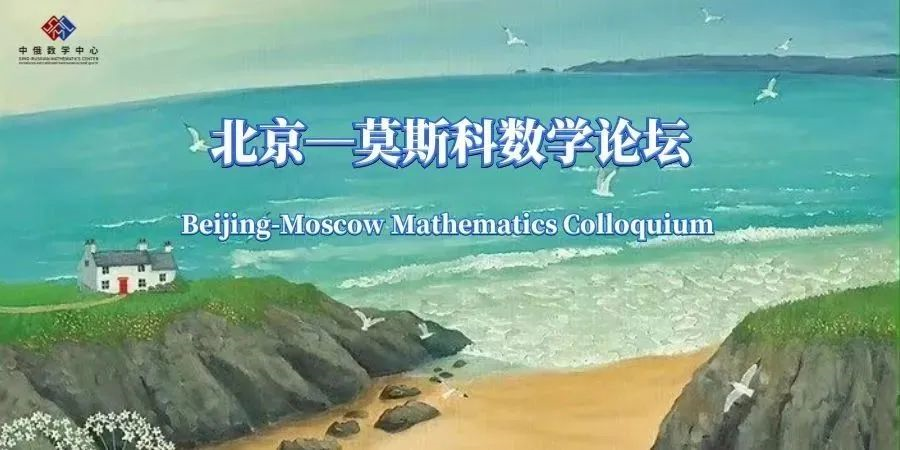Lecture 1
Title: Special unipotent representations of classical Lie groups
Speaker: Binyong Sun, Zhejiang University
Time: 16:00-17:00 pm, October 14, 2022, GMT+8
Venue: Zoom Meeting ID: 891 8969 6979 Password: 987654
Abstract
One fundamental problem in representation theory is the unitary dual problem, namely to construct and classify all irreducible unitary representations of a given Lie group G. An important principle is the orbit method introduced by A. A. Kirillov, and it seeks to describe irreducible unitary representations of G by its coadjoint orbits. The most mysterious ingredient of orbit method is to attach irreducible unitary representations to nilpotent coadjoint orbits. For classical Lie groups, we construct some irreducible unitary representations attached to nilpotent coadjoint orbits, by using the theory of local theta correspondence initiated by R. Howe. These are the special unipotent representations in the sense of Arthur and Barbasch-Vogan. This is a report on a recent joint work with Dan M. Barbarsch, Jia-Jun Ma and Chen-Bo Zhu.
Biography:
Binyong Sun received his bachelor's degree from Zhejiang University in 1999, and doctorate degree from the Hong Kong University of Science and Technology in 2004. After a short postdoctoral experience at the Swiss Federal Institute of Technology Zurich, he worked at the Academy of Mathematics and Systems Science of the Chinese Academy of Sciences since 2005. In 2020, he then joined the Institute for Advanced Study in Mathematics (IASM) at Zhejiang University as a permanent member.
Binyong Sun’s research interests include representation theory of Lie groups and the theory of automorphic forms. By proving some long-standing conjectures, he has established several deep and fundamental results for representations of classical groups. He received the Tan Kah Kee Young Scientist Award in 2014, the Outstanding Youth Science and Technology Talent Award in 2016, and the State Natural Science Award (second class) in 2018. In 2019, he was elected a member of the Chinese Academy of Sciences.
Lecture 2
Title: Derived categories of complex manifolds, their DG-enhancement and Bott-Chern classes
Speaker: Alexey Bondal
Time: 17:00-18:00 pm, October 14, 2022, GMT+8
Venue: Zoom Meeting ID: 891 8969 6979 Password: 987654
Abstract
I will describe the following series of results, partly obtained in collaboration with A. Rosly, about derived categories of coherent sheaves on complex manifolds. For a general complex torus X, D^b(Coh-X) has a semiorthogonal decomposition, and it is not equivalent to D^b_{coh}(O_X-mod). There is a twist-closed DG-enhancement of the latter category by dbar-superconnections for any smooth compact complex manifold. This DG-enhancement allows us to define Bott-Chern cohomology for any object of D^b_{coh}(O_X-mod), in particular, for a coherent sheaf. If time permits, I will describe the extension of the enhancement theorem to the case of non-compact complex manifolds and applications to constructing the moduli space of objects in the above category.
Biography:
Prof. Bondal received his Ph.D. in Steklov Mathematical Institute of RAS in Moscow in 1989. He was an associate professor at Moscow State University from 1990 to 1994. Prof. Bondal joined Steklov Institute in 1994, where he was promoted to a Leading Researcher. He was an invited speaker at the International Congress of Mathematicians in Beijing in 2002. His research interests include Algebraic and Complex Geometry, Homological Algebra and Representation Theory. Currently, he is visiting the Institute for Physics and Mathematics of the Universe, Tokyo University, Japan.
Source: SRMC
